In this series, we interview the founders and CEOs behind Metaverse companies. The metaverse is fully in development, and many different technologies are involved in this process. These inspiring people are at the frontier of developing a future where the online and physical worlds merge.
In this article, we’ll talk to Luise Frohberg, founder of Taara Quest. Luise developed a safe space and community within the metaverse where women can acquire, practise, and perfect their leadership skills. Women can explore their strengths and become bold, authentic leaders – all in a fun and effective way through the power of immersive roleplay and simulation experience.

Can you tell us a bit about yourself?
I grew up in Germany during the Fall of the Wall era. It was a unique time and fueled my desire to become politically active and pursue a career in politics. I became a political leader in gender politics and a women’s movement activist. At the same time, I completed my PhD in Social Innovation. In 2018 I left politics to venture into entrepreneurship. This led me to join Mindful Innovation, a platform and community for impact-driven entrepreneurs. However, I found myself homeschooling my four kids during the Covid-19 lockdown.
I started to accompany them in gaming worlds like Roblox, Minecraft, and Fortnite. And I was struck by the metaverse’s massive potential for learning and leadership. This realization inspired me to create Taara Quest in 2021.
What is the metaverse, according to you?
The concept of the metaverse remains fuzzy and contested despite the amount of hype band buzz around it. For me, the metaverse is a persistent virtual space that converges with the real world. It’s made up of 3D objects, environments, and avatars that make you feel like you’re there alongside other people. I would also describe it as a place where people do things they like to do in the real world.
Blockchain-based spaces allow for decentralized ownership of digital land, special avatars and assets, and the ability to earn money. These activities might include working, playing, shopping, learning, and socializing. Even more, opportunities open up when these spaces are based on blockchain technology.
When and how did you realize the metaverse was going to be real?
It’s not a question of the metaverse being real. Gaming worlds have already been around for a long time. Many players already spend most of their time online playing, socializing, shopping, and creating an entire identity there. But I was never much of a gamer, nor would I consider myself particularly tech-savvy.
I had to overcome my perception that gaming and virtual worlds were a waste of time before I could see the tremendous potential of those platforms. Working in innovation consulting, however, has trained me to creatively combine existing tools and approaches to solve problems in new ways.
According to you, what does it take for the metaverse to become mainstream?
The mainstream appeal of the metaverse depends on the development and spread of compelling use-cases which add value to and are relevant to the day-to-day life of regular people. Right now, the metaverse is being created, shaped, and used by a relatively small number of early adopters.
However, the pandemic has certainly accelerated usage in many ways. Coming from a non-technical background, I think the user experience with hardware and software leaves much room for improvement. One must also remember that using the metaverse requires users to learn new skills.
There’s a learning curve that will take some time. This includes moving in a spatial environment while talking to other people. We often see this with women who haven’t been exposed to virtual worlds.
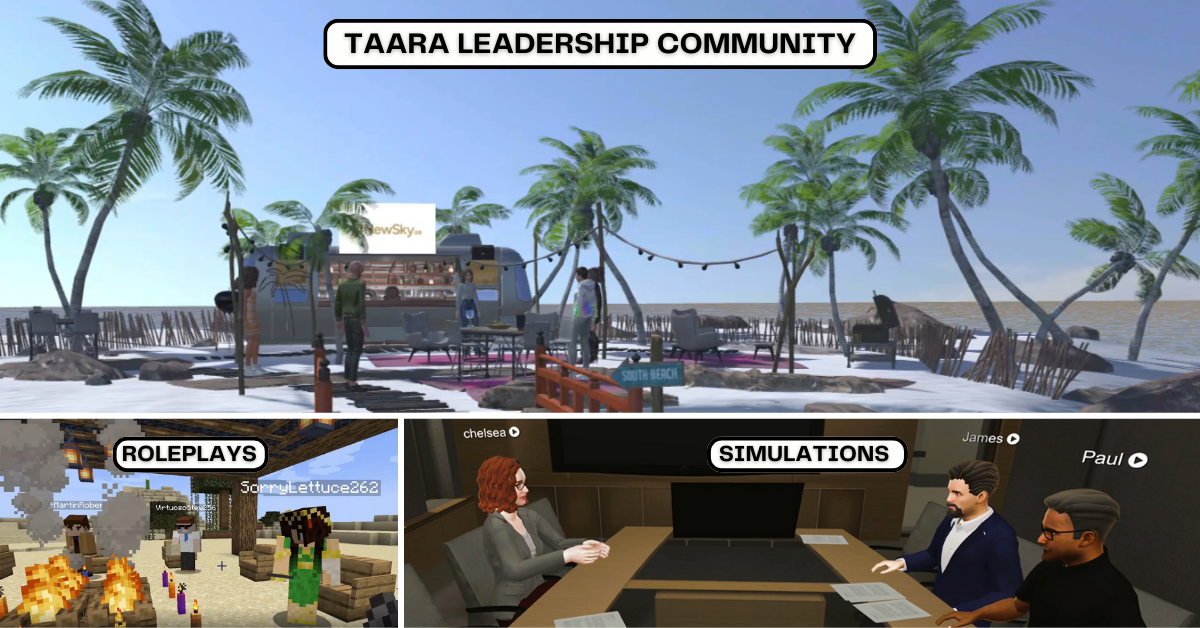
What triggered you to start your metaverse company?
For me, a metaverse is a place where anything is possible. It’s a place where you can be anyone and try out activities that aren’t possible in the real world. It’s easy to lose inhibitions and explore when you enter a world or game with your avatar. You lose the baggage and biases of your day-to-day life and workplace.
I love how human interaction loses some of the awkwardness and fatigue of 2D-zoom meetings. The metaverse instead gives us a sense of playfulness, exploration, and adventure. Also, being with other people virtually gives you the feeling of being with them.
What’s the story behind your company?
When I first ventured into a large online multiplayer game, I encountered a character – Taara! Taara is a fierce and powerful woman in terrifying armor in the game. She’s described as a hero with distinct strengths and powers.
My first thought was: What if women could experience and perceive themselves that way? What if they could see themselves with unique strengths, superpowers, and potential? And what if they could find out how and where to use those abilities in a targeted and effective way? A way that brings their light of leadership into the world undimmed.
During my years in politics and consulting, I’d seen countless women struggling with debilitating self-doubt and limited belief in themselves. I realized that the metaverse could serve as a safe space for women. Not only to become aware of their unique potential. But to actively practice and perfect their leadership skills is fun and risk-free.
What does your company solve?
Women in leadership positions are helping companies thrive. Still, women only hold a quarter of leadership positions worldwide. The numbers are even worse for women in tech. They occupy less than 15% of executive roles, and 1/3 quit within the first year. In my experience, women play smaller, wait longer, and are often held back by self-doubt. They’re highly educated and ambitious. But they don’t have a safe place to train, apply their knowledge, and make mistakes.
Yet we as humans primarily learn by making mistakes. That’s why we’re creating experiences in the metaverse like live-action roleplay and simulations. Places for women to make these small mistakes and learn from them. Where women can have fun and find support on the long, often lonely, journey of leadership growth.
John Radoff describes the value chain of the metaverse with 7 layers. In which layer(s) does your company operate? Can you give an example?
We’re operating at the edge of the experience and discovery layer. On the one hand, we’re creating growth tracks. These consist of experiences of different lengths and leadership-related topics. These platforms encompass Minecraft and Engage VR. On the other hand, we are a community where female leaders come together to connect, share, and learn in the metaverse. All through experiences, we’re curating for them depending on their career level and growth trajectory.
Who were the people who have been the most helpful in getting you to where you are today? How did they impact your life and your success?
We were lucky to have a community of amazing beta-testers, supporters, and collaborators who relentlessly experimented and iterated with us. They didn’t just help us create experiences that add value for women and help them grow. They also opened their networks and invested their professional expertise in Taara Quest.
What do you hope the metaverse will look like in 10 years?
There will probably be no centralized super-metaverse in the next 10 years. Instead, millions of people will spend many of their days on their favorite platforms and applications.
They’ll be socializing, playing, and working. And it’ll be enabled by a decentralized, connected economy. I hope the metaverse will be an environment that doesn’t replicate the real world’s cultural and social disparities and inequalities. It needs to become a space that is inclusive, safe, and equitable, especially for marginalized and vulnerable groups.
This will largely depend on large platforms managing to introduce and enforce consistent governance standards and social norms. It also requires women to participate in shaping the metaverse not just as consumers but as entrepreneurs, developers, and creators.
How do you envision your company’s role within the metaverse in 10 years?
We envision Taara Quest as a global hub and ecosystem in the metaverse for women seeking leadership in all phases of their careers. Part of this will involve the education and support of women driving innovation. It’ll help the women who’ll impact the metaverse and work through it. And those benefitting from the massive economic opportunity that will come with the metaverse’s growth.

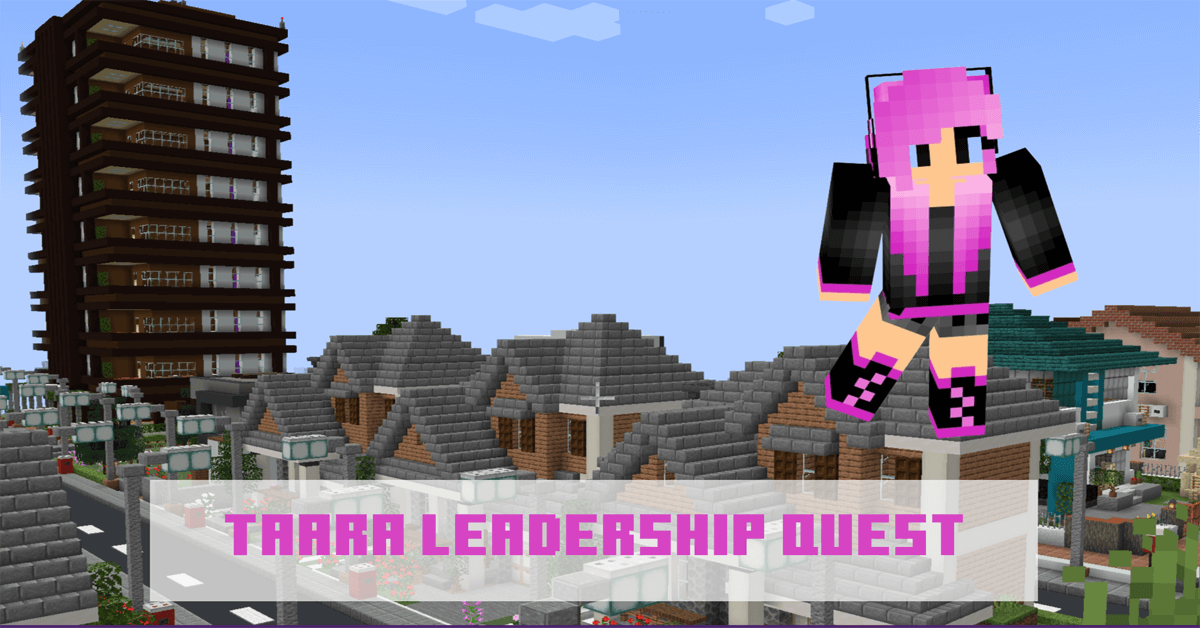

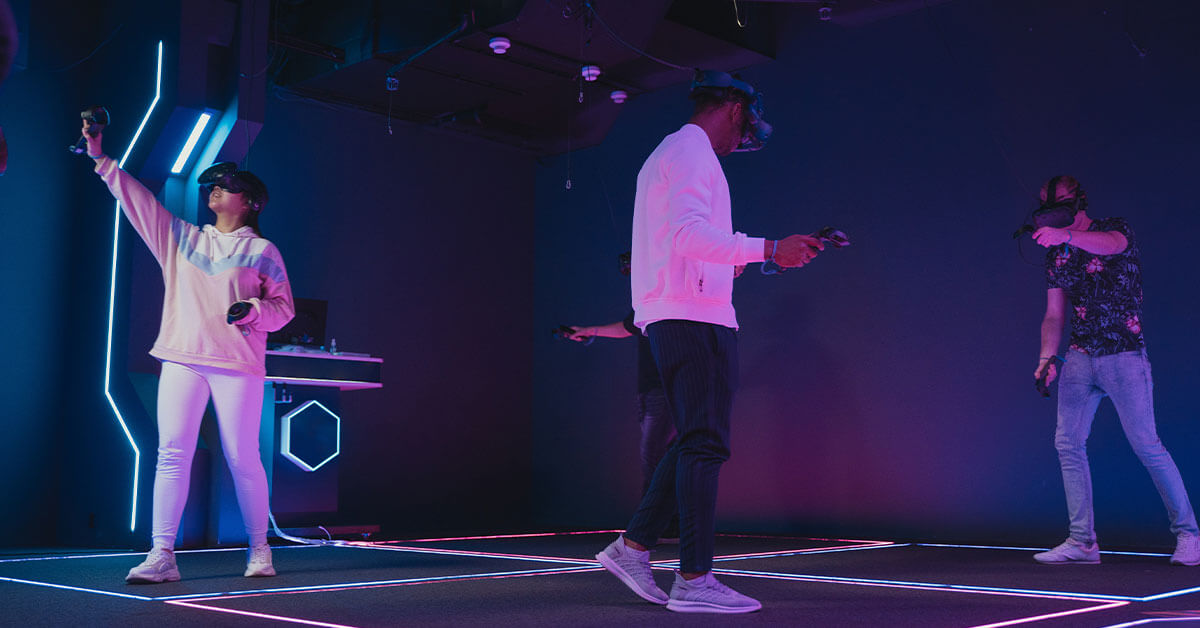
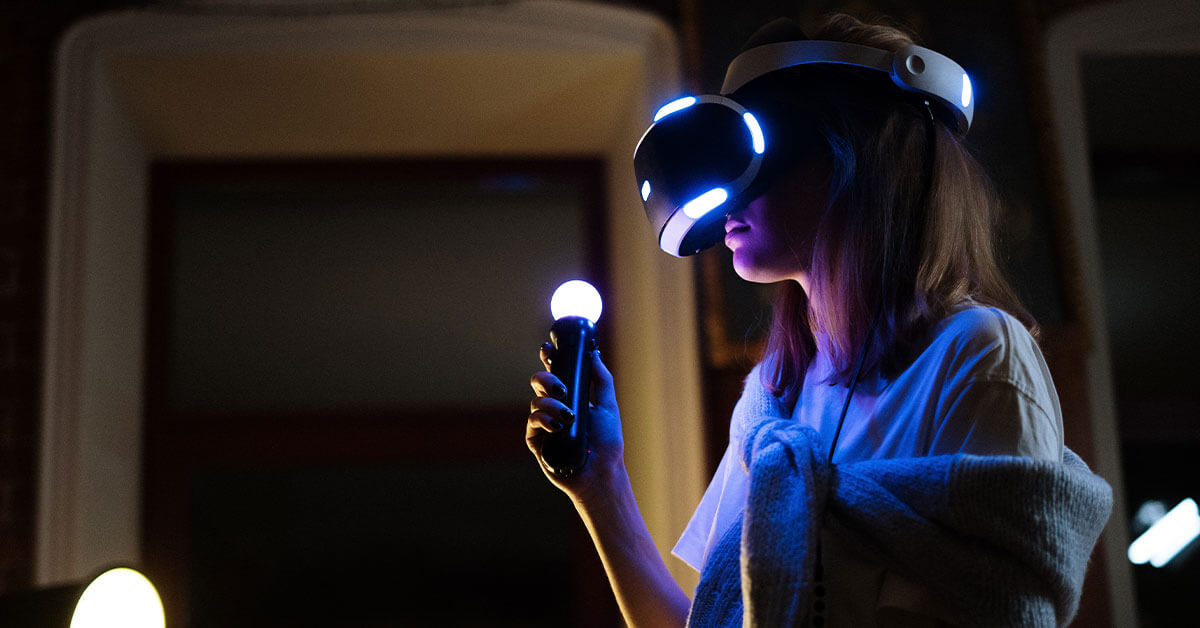
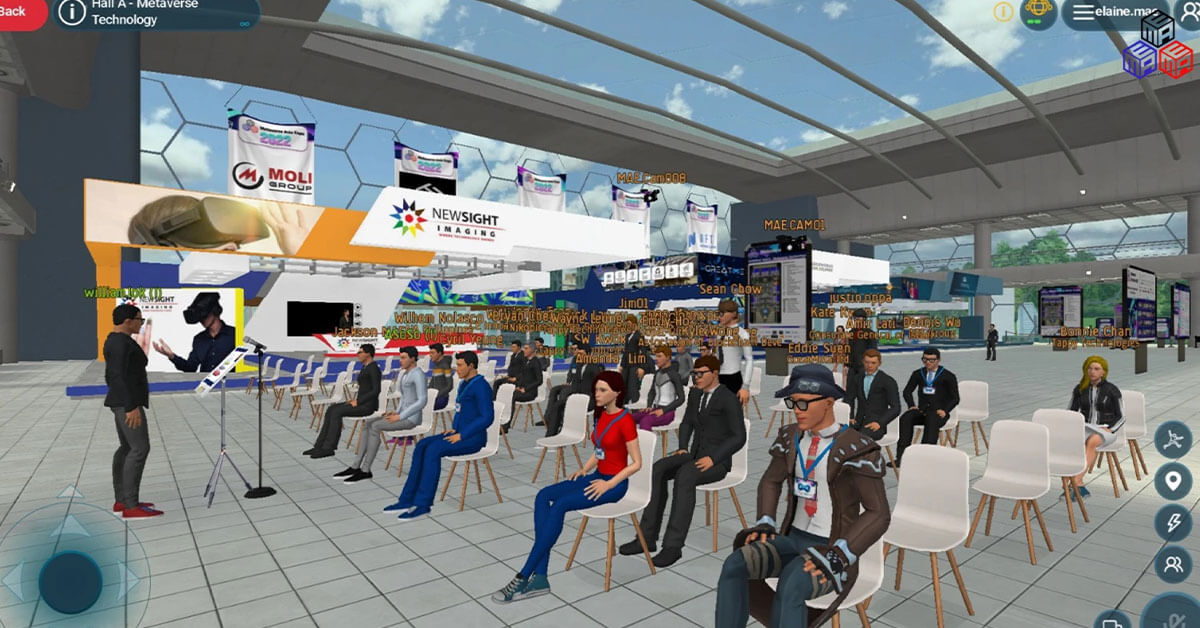
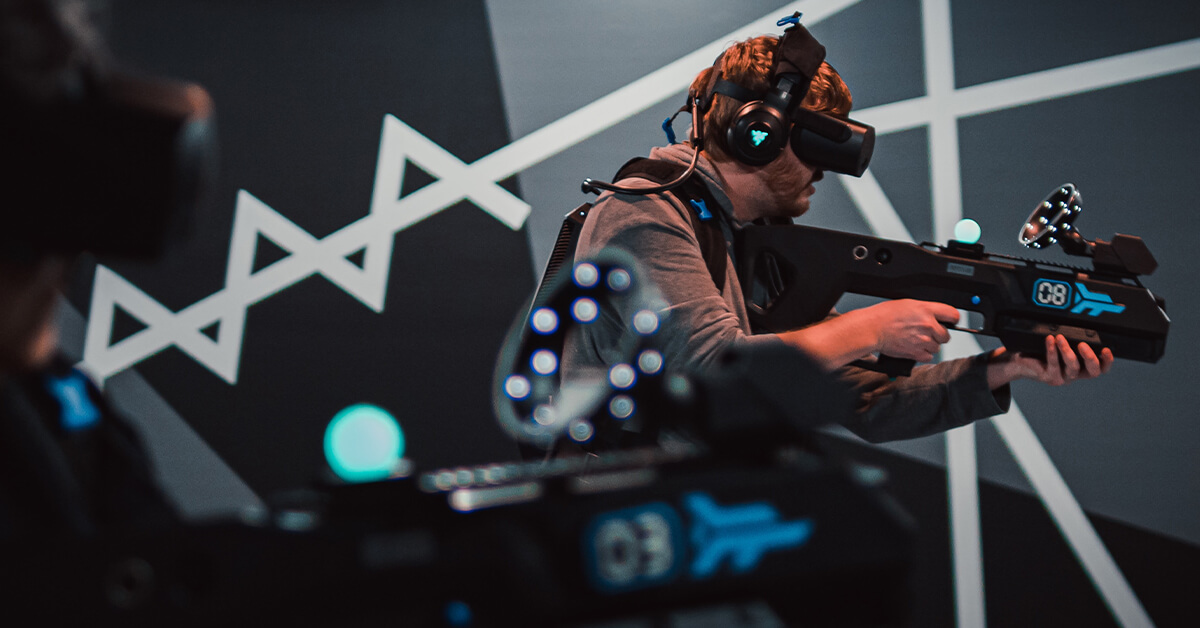
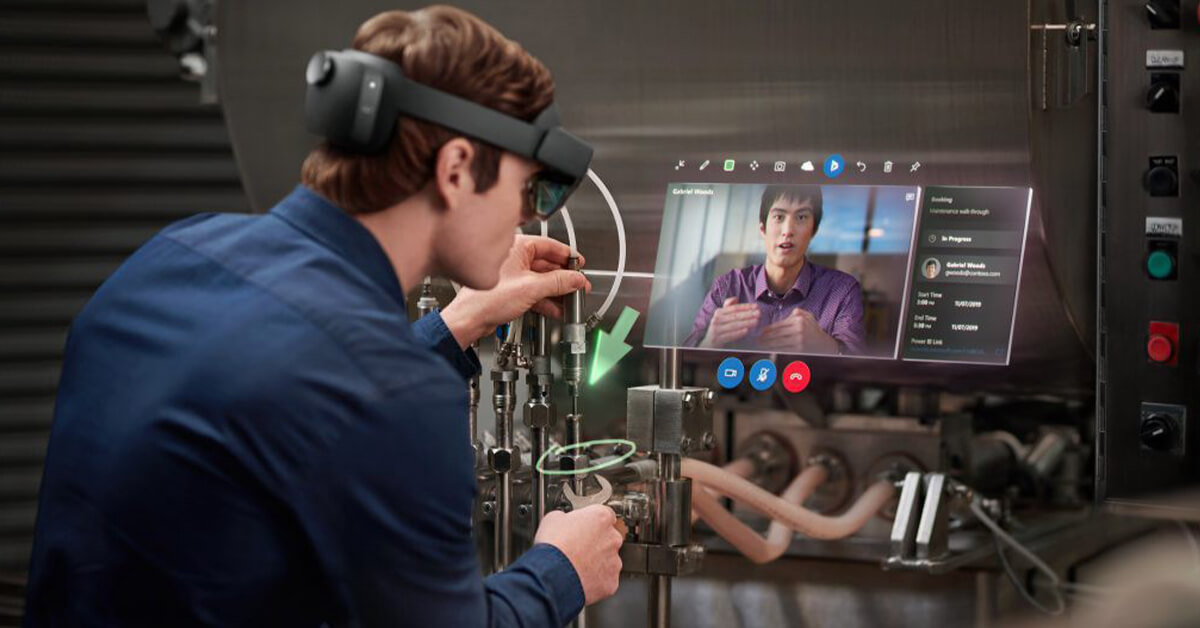
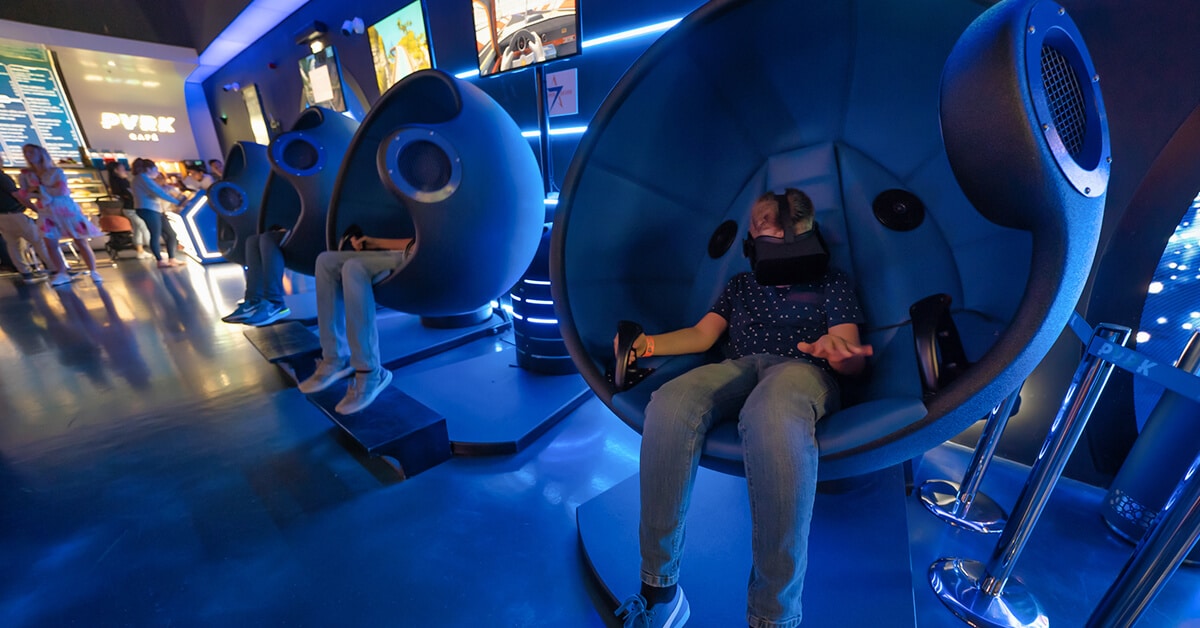

Leave A Comment